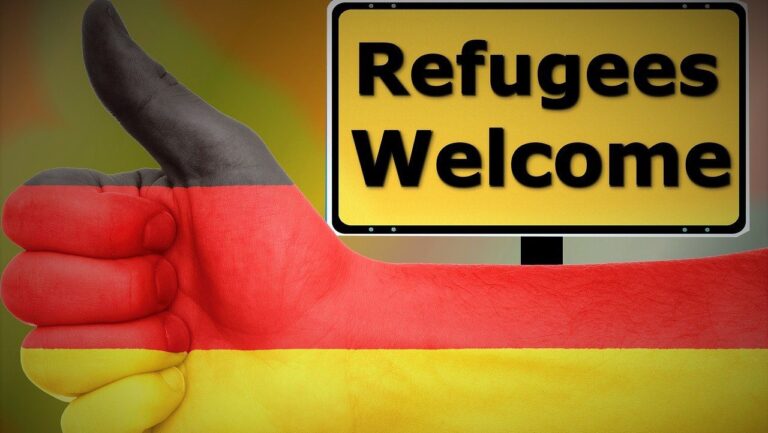Germany is cutting itself off from Russian coal on August 1st and from Russian oil on December 31st, Joerg Kukies, state secretary in the German federal chancellery, said at a recent conference in Sydney.
Russia previously supplied 40% of Germany’s coal and 40% of its oil. “We will be off Russian coal in a few weeks,” he said during a talk he gave at the Sydney Energy Forum, July 12th-13th.
The event, which brought together energy experts from around the world, was co-hosted by the Australian government and the International Energy Agency.
The European Union has put sanctions in place that will require member states to refrain from buying Russian coal and most Russian oil by the end of the year. The one exception is Russian pipeline oil, which supplies Eastern Europe and Germany through the Druzhba pipeline. Germany will be going a step further than sanctions.
“Anyone who knows the history of the Druzhba pipeline, which was already a tool of the Soviet empire over eastern Europe, ridding yourself of that dependence is not a trivial matter, but it is one that we will achieve in a few months,” Kukies said.
There are no EU embargos yet in place against Russian natural gas, the fossil fuel that European countries most need from Russia.
Kukies said that weaning from European reliance on the 158 billion cubic metres (bcm) per year of gas that Russia supplies is the block’s biggest energy challenge.
Reuters reports that Germany is rapidly developing liquefied natural gas (LNG) import terminals to help fill the gas supply gap, but he highlighted that while the United States and Qatar could together supply around 30 bcm of gas in LNG form to Europe, a huge gap remains to be filled.
“We can’t just imagine this problem away,” Kukies said.
He concluded that Germany remains focused on the transition away from fossil fuels and had recently put in place legislation to accelerate the development of renewable energy projects to facilitate the shift.




